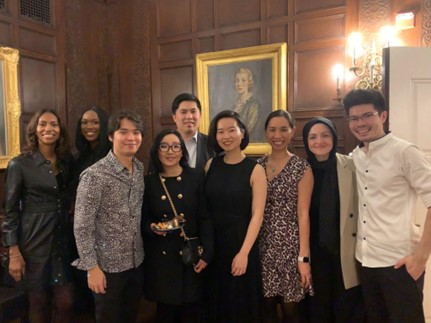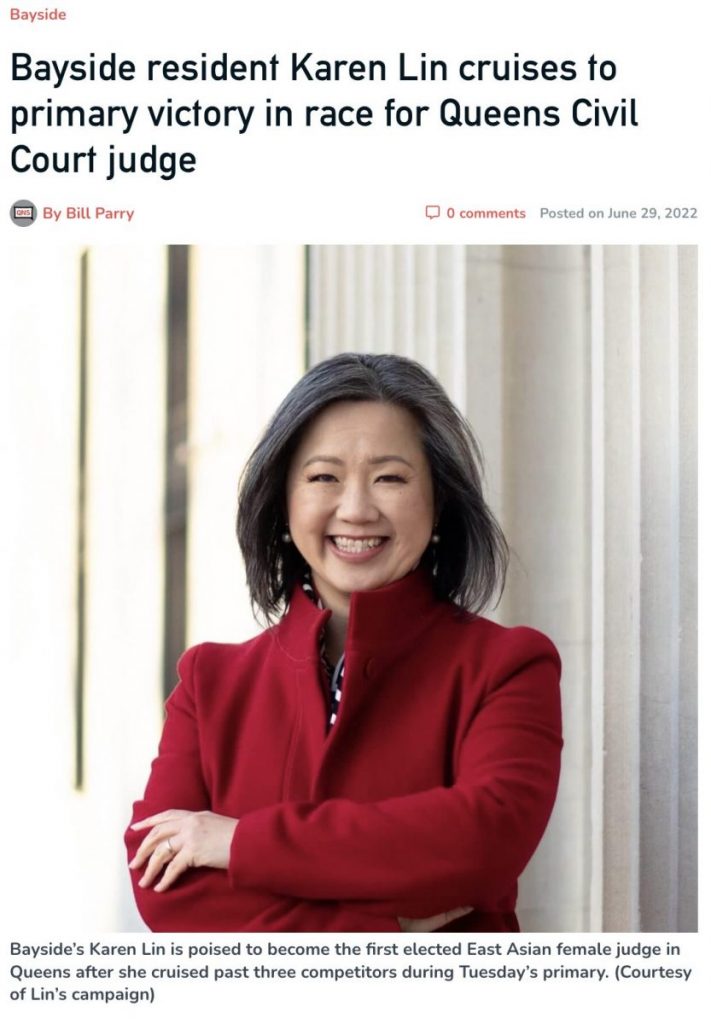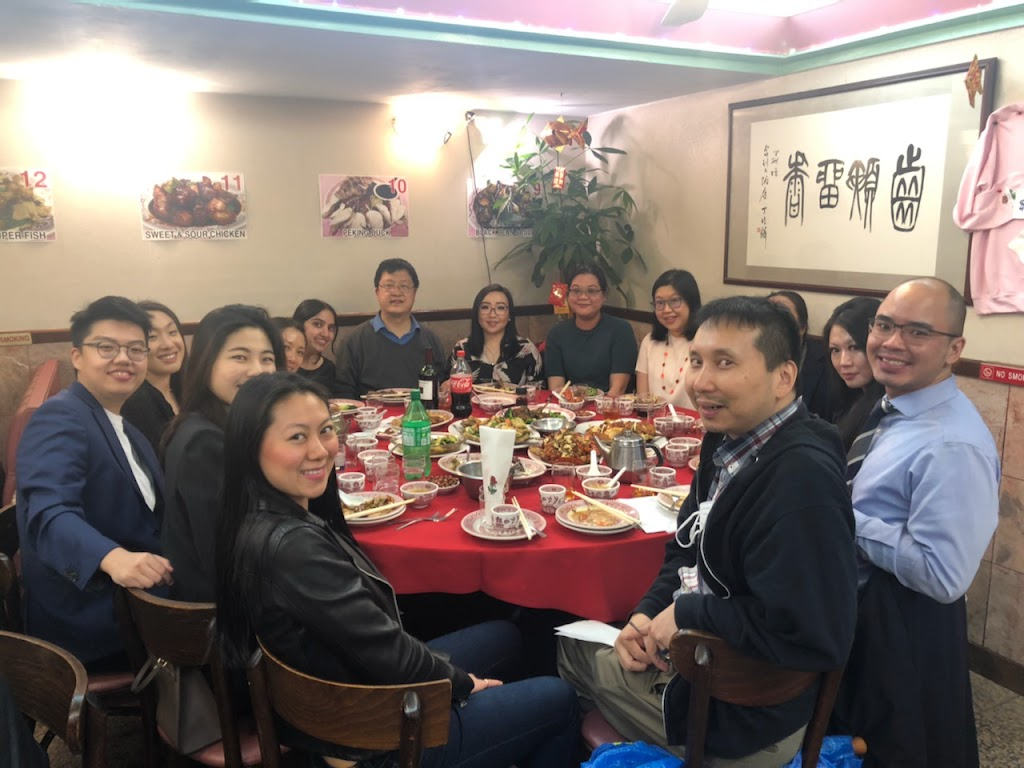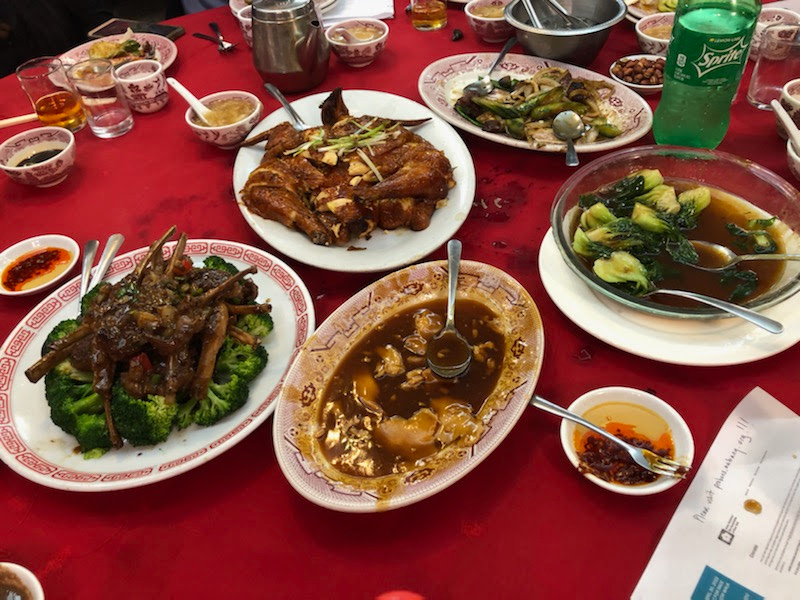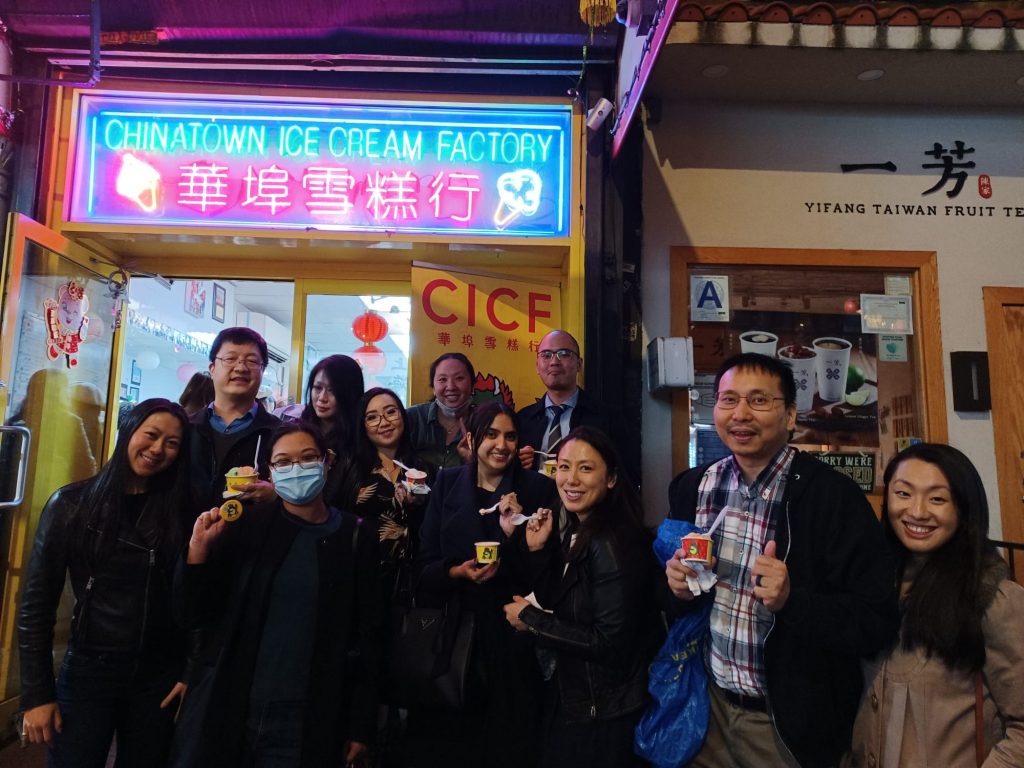For Immediate Release: July 12, 2022
Contact: Mary Tablante, Associate Strategic Communications & Marketing Director
WASHINGTON—Today, President Joe Biden nominated Cindy K. Chung to serve on the U.S. Court of Appeals for the Third Circuit and Judge Mia Roberts-Perez to serve on the U.S. District Court for the Eastern District of Pennsylvania. If confirmed, Chung would be the first Asian American appellate judge on the Third Circuit and Judge Roberts-Perez would be the first Asian American district judge on the Eastern District of Pennsylvania.
“NAPABA offers its congratulations to Cindy K. Chung and Judge Mia Roberts-Perez on their nominations,” said A.B. Cruz III, acting president of NAPABA. “We applaud President Biden for nominating a strong and historic slate of highly qualified Asian American candidates and for continuing to broaden the diversity of backgrounds and professional experiences to the bench. We urge the Senate to swiftly confirm them.”
Cindy K. Chung
In 2021, Chung was nominated by President Biden to serve as U.S. Attorney for the Western District of Pennsylvania and was confirmed by a voice vote. She is the first Asian American U.S. Attorney in Pennsylvania and the only Asian American currently leading any prosecutors’ office in Pennsylvania. Active in the Asian American community, Chung has participated in community briefings and events addressing anti-Asian hate incidents.
Previously, Chung served as a trial attorney in the Criminal Section of the Department of Justice’s Civil Rights Division, where she prosecuted the first case under the Shepherd-Byrd Hate Crimes Act. She also served as an assistant district attorney at the District Attorney’s Office, New York County, and investigation counsel in the Official Corruption Unit. Chung began her legal career as a law clerk for Judge Myron Thompson on the U.S. District Court for the Middle District of Alabama. She received her J.D. from Columbia Law School and her B.A. from Yale University.
Judge Mia Roberts-Perez
In 2015, Judge Roberts-Perez was elected to the Philadelphia County Court of Common Pleas. Previously, she was in private practice at Perez Law LLC, where she specialized in criminal defense and family law. Judge Roberts-Perez started her career at Defender Associations of Philadelphia where she served as public defender in the major trials division. She received her J.D. from Temple University, Beasley School of Law and her B.A. from Tufts University.
NAPABA thanks President Biden for nominating Cindy K. Chung and Judge Mia Roberts-Perez and Senator Casey and Senator Toomey for recommending and supporting their nominations.
###
The National Asian Pacific American Bar Association (NAPABA), represents the interests of over 60,000 Asian Pacific American (APA) legal professionals and nearly 90 national, state, and local APA bar associations. NAPABA is a leader in addressing civil rights issues confronting APA communities. Through its national network, NAPABA provides a strong voice for increased diversity of the federal and state judiciaries, advocates for equal opportunity in the workplace, works to eliminate hate crimes and anti-immigrant sentiment, and promotes the professional development of people of all backgrounds in the legal profession.
